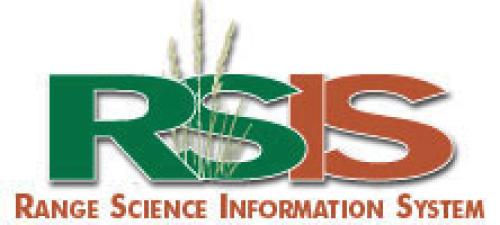Hartnett measure the responses of Andropogon gerardii and Panicum virgatum to defoliation under different clipping intensities, plant densities, and plant growth forms. In general, defoliation reduced plant and reproductive biomass and tiller and seed production of plants grown from seed. These negative effects were enhanced when plant densities were increased. Plants competing intraspecifically and those that were initially small suffered more from defoliation than either plants grown at low density or those that were larger than their neighbors. At the highest plant density, the effects of defoliation or initial plant size were overshadowed by the effects of crowding. However, biomass, rhizome and seed production were all enhanced by clipping when Panicum virgatum plants were grown from rhizomes rather than seeds. The results of this study suggest that the negative responses of Andropogon gerardii and Panicum virgatum to clipping are enhanced by competition and may only occur in young plants vulnerable to defoliation.

Citations and enhanced abstracts for journals articles and documents focused on rangeland ecology and management. RSIS is a collaboration between Montana State University, University of Idaho, and University of Wyoming.